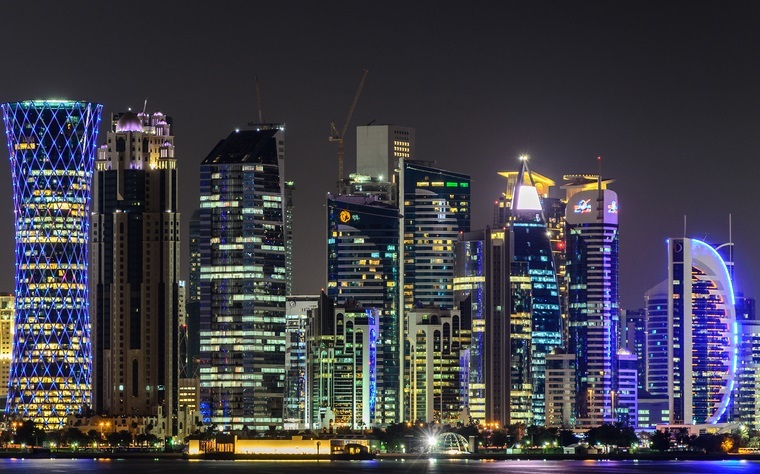In preparing for the 2022 World Cup, Qatari officials are
trying to placate international parties with concerns about the labor force
needed to pull off this enormous event in a country historically criticized for
labor abuses.
Specifically, the nation’s Supreme Committee for Delivery
and Legacy is working with an international trade union, the Building and Wood
Workers’ International (BWI) group, to verify that buildings for World Cup 2022
are being built according to certain labor standards.
Inspections by the union, which has an estimated 12 million
members and a global reach, will begin early in 2017.
Throughout the last decade, there has been a lot of scrutiny
on Qatar’s labor practices, particularly in relation to its large migrant labor
force. Allegations of visa or passport manipulation and other abusive practices
have given Qatar somewhat of a black eye when it comes to defending its record
on worker’s rights.
Now, with planners trying to enlist 30,000 laborers for
World Cup preparations, outside agencies are saying it’s important that
inspections be accurate and independent.
Qatari government spokespersons are vowing that the inspections
will be done properly.
“Signing this partnership with BWI is a major step for the
Supreme Committee, which demonstrates our commitment to the health and safety of
our workers,” Hassan Al Thawadi, head of the committee, said in a press
statement, as quoted in a Nov. 23 Gulf News Journal story.
But how important are these inspections, and what ramifications
could their outcomes have?
Speaking with Gulf News Journal Nov. 23, Professor
John Angelis said the results could impact not just the workers, but the
athletes and others as well, while having somewhat of an impact on the national
reputation. Angelis is a business professor at Elizabethtown College, in Pennsylvania.
The soccer players, he said, are without the kind of strong
union that could protect them from unsafe conditions during the event.
“They are at a collective bargaining disadvantage,” Angelis
said. “The federation has the power -- not the players.”
Angelis said it would be hard for athletes to boycott or
negotiate in the event of a problem. At the same time, he said, the lack of an early and total
resolution on labor issues or anything else could leave Qatar scrambling if the
event were in jeopardy.
“It would be quite the black mark,” Angelis said, describing
the harm to Qatar’s reputation if their bid for hosting World Cup 2022 doesn’t go
well.
In order to improve labor conditions, Qatar has been
trying out several strategies. A Wage Protection System implemented within the past year is an attempt
to track payments better, to make sure that workers get paid on time, and to
prevent some of the irregularities that can impact workers in a negative way.
However, some critics see the electronic tracking of wages as too
little too late, and maintain more is needed to fully come to terms with a
history of labor issues.
As Qatar works with inspectors, World Cup 2022 is beginning
to take shape. Look for more as these parties coordinate efforts to make the
event as good as it can be -- for the country and everyone involved.
Qatar reassures trade unions about World Cup 2022




 Alerts Sign-up
Alerts Sign-up